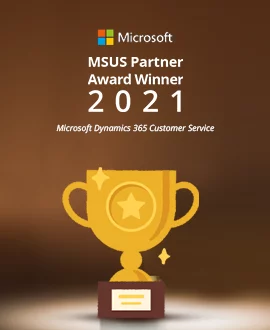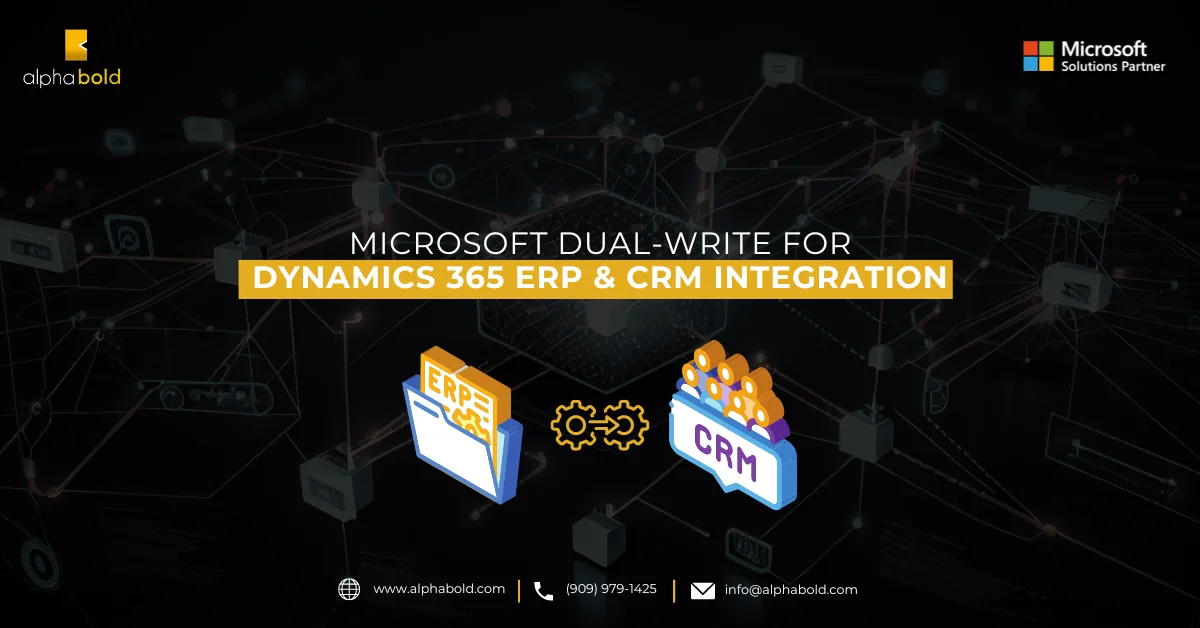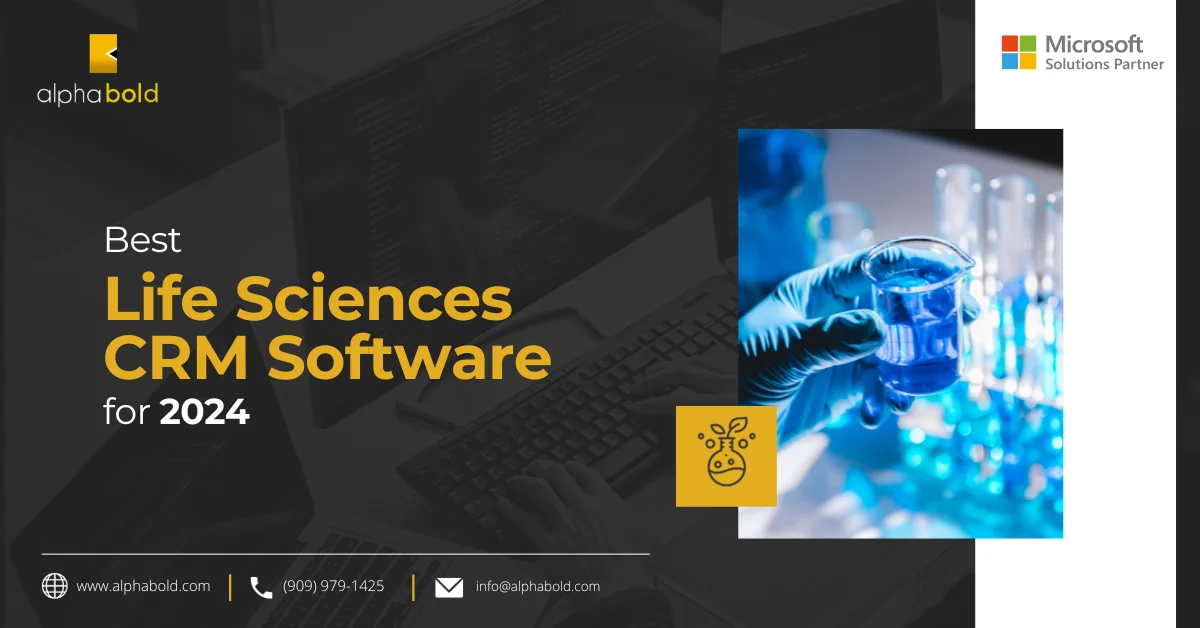Table of Contents
Introduction
Understanding the CRM Software Selection process is key to making informed decisions as a decision-maker. Presently, the significance of Customer Relationship Management (CRM) software can’t be overstated. It is the linchpin that often holds marketing, sales, and customer service departments together. From startups to Fortune 500 giants, the right CRM solution can illuminate customer behavior, streamline operations, and propel businesses toward unprecedented growth. The best aspect of this software is its ability to translate vast amounts of data into actionable insights, fostering deeper connections and driving customer loyalty.
But CRM software hasn’t always been the sophisticated tool as we know it today. Its evolution is a testament to technological innovation and the ever-changing dynamics of business-customer relationships. What began as simple contact management systems in the late 1980s has diversified into a vast ecosystem of tools tailored for various industries, business sizes, and functional needs. This evolution reflects the increasing complexities of customer interactions and the multifaceted demands of modern businesses.
From AI-powered analytics to mobile-ready dashboards, the modern CRM is both a historical record of business’ past interactions and a compass pointing to future opportunities. As we move forward with choosing the befitting CRM software, understanding its importance and rich history is the first step to making an informed choice.
Why CRM Software Selection is Crucial
Choosing a CRM isn’t just about picking a software tool; it’s about aligning your business’s scope with technology that understands, empowers, and amplifies your goals. Here’s why making the right CRM choice is of paramount importance:
- Business Growth and Streamlined Operations:
In our era of data-driven decision-making, a CRM isn’t just a luxury; it’s a necessity. It organizes vast amounts of customer information, sales data, and marketing metrics into one central hub. With the right CRM, businesses can automate mundane tasks, track sales pipelines, and receive real-time updates on leads and opportunities. The result? Reduced overheads, maximized efficiency, and a clear pathway for scalable growth. A tailored CRM solution paves the way for operations to run smoother, faster, and more effectively, forming the backbone of successful business expansion.
- Enhancing Customer Relationships and Satisfaction:
At its core, CRM is about people. It’s about understanding your customers’ needs, preferences, and pain points. When chosen wisely, a CRM system allows businesses to foster strong and more meaningful client relationships. Personalized marketing campaigns, timely follow-ups, and swift issue resolutions are just the tip of the iceberg. Over time, these interactions build trust, and trust translates into loyalty. A satisfied customer isn’t just a repeat customer; they’re brand ambassadors, word-of-mouth marketers, and the cornerstone of a company’s reputation.
- Competitive Advantage in the Marketplace:
Due to market saturation, every business is looking for that ‘edge,’ something that sets them apart. A strategic CRM selection provides just that. With insights drawn from analytics, predictive modeling, and customer feedback loops integrated into many modern CRM systems, businesses are better equipped to anticipate market trends and pivot accordingly. It’s no longer about merely responding to the competition; it’s about preempting their moves and being two steps ahead. In an arena where knowledge is power, a CRM illuminates the path to market dominance.
In sum, CRM selection isn’t a task to be taken lightly. It’s the foundation on which customer-centric businesses are built, and in our interconnected world, it’s the bridge that connects companies with their most valued asset: their customers.
Need Help Choosing the Right CRM?
Embarking on the CRM software selection journey? Our experts can guide you. Click below for a complimentary consultation and make your decision with confidence.
Request ConsultationCRM Selection Target Audience: Understand Who Benefits
Despite their universal appeal, CRM systems like Dynamics 365 offer distinctive advantages to different business stakeholders. Let’s delve into how each segment benefits from a tailored CRM solution:
Business Decision Makers: ROI and Long-term Value of CRM
For the visionaries and decision-makers, the ROI isn’t just about numbers but strategic alignment. The right CRM tool is an investment. Initially, there’s the financial outlay, training, and integration. But over time, the dividends it pays — in terms of sales growth, operational efficiency, and customer loyalty — far exceed the initial cost. A well-integrated CRM system streamlines processes, reduces operational costs, and drives revenue, all contributing to a favorable long-term ROI.
IT Managers and Administrators: Technicalities, Integration Capabilities, and Ease of Use
From an IT perspective, a CRM isn’t just software; it’s the backbone of a company’s digital operations. They look for solutions that seamlessly integrate with existing systems, ensuring data flow is smooth and unimpeded. Furthermore, they value CRMs that are intuitive, offer robust security, and require minimal maintenance hitches. A technically sound CRM reduces the burden on IT teams and ensures smoother business processes.
Sales and Marketing Leaders: Process Streamlining and Sales Funnel Optimization
For the dynamos driving sales and marketing, a CRM is their compass. It helps in segmenting audiences, crafting personalized campaigns, and tracking leads as they move through the sales funnel. By providing a clear view of potential opportunities and bottlenecks, CRMs enable leaders to refine strategies in real-time, ensuring that no lead is left unattended, and every campaign achieves its maximum potential.
Customer Service Managers: Service Quality Improvement & Customer Retention
A sophisticated CRM tool allows service managers to track customer interactions, ensuring that issues are addressed promptly. With features like automated ticketing and customer feedback loops, CRMs enhance service quality. Happy customers are loyal customers, and with the insights from a CRM, service managers can continually refine their strategies to boost satisfaction and loyalty.
Consultants and Advisors: Making Informed Recommendations to Clients
For those in advisory roles, credibility is built on the quality of their recommendations. With a deep understanding of various CRM tools, consultants can guide businesses towards solutions that align with their unique needs. An advisor with CRM knowledge is better poised to offer actionable insights, ensuring their clients achieve operational excellence.
SMB Owners: Affordable Solutions with High Value
Small to Medium Business owners often juggle multiple roles. For them, a CRM is more than a tool; it’s a partner. They require solutions that offer maximum value without breaking the bank. A CRM tailored for SMBs offers features that drive growth, improve efficiency, and enhance customer relations, all within a budget-friendly framework.
Existing CRM Users: Evaluating Upgrade or Expansion Options
For businesses already harnessing the power of a CRM, the journey doesn’t end. The digital landscape is ever-evolving, and so are CRM tools. Existing users often seek to upgrade or expand their current systems to tap into newer features, better integrations, or more comprehensive analytics. Their quest is for continual improvement, ensuring their CRM investment remains future-proof.
In conclusion, while the advantages of CRM systems are universally recognized, its impact is deeply personal. For every business stakeholder, from the boardroom to the frontlines, a CRM addresses specific challenges and paves the way for distinct opportunities. Making the right CRM choice isn’t just about software; it’s about aligning visions, goals, and strategies for overarching business success.
Request a Demo of Dynamics 365
Dive into unparalleled features and see for yourself how Dynamics 365 can transform your business through a curated demo.
Request DemoEssential Features to Look for in CRM Software
As businesses grapple with choosing the perfect CRM tool, understanding the crucial features that make a CRM system effective is paramount. Here’s a comprehensive breakdown of must-have features when navigating the realm of CRM software:

User-friendly Interface:
In any software, usability is king. An intuitive, easy-to-navigate user interface (UI) reduces the learning curve and ensures higher adoption rates among team members. A CRM with a clear, organized layout that prioritizes the most-used features enhances productivity and ensures users can access essential data without unnecessary complications.
Integration Capabilities:
A standalone CRM is a siloed CRM. In today’s interconnected business environment, a CRM must play well with other systems, be it marketing automation tools, ERP systems, or e-commerce platforms. Seamless integration ensures a smooth data flow across platforms, providing a comprehensive view of customers and operations.
Reporting & Analytics:
Knowledge without actionable insights is mere trivia. A robust CRM provides in-depth reporting features that translate raw data into understandable visual representations. Whether it’s sales forecasts, customer segmentation, or campaign performance, analytical tools empower businesses to make informed decisions based on real-time data.
Customizability & Scalability:
No two businesses are identical. As such, a CRM should offer customization options to tailor features, layouts, and processes to a company’s specific needs. Moreover, as businesses grow, the CRM should be able to scale seamlessly, accommodating more users, more data, and more complex workflows without hitches.
Mobile Capabilities:
We live in a mobile-first world. Sales reps on the move, remote teams, and on-site client meetings require CRM access on the go. A CRM with a mobile app or a mobile-responsive design ensures that businesses remain connected, updated, and agile, no matter where they are.
Cloud vs. On-Premises Considerations:
The decision between cloud-based CRM and on-premises solutions is pivotal. Cloud CRMs offer flexibility, remote access, and reduced IT overheads, making them ideal for businesses without extensive IT infrastructure. On the other hand, on-premises CRMs can provide greater control over data, customization, and integration but might require more upfront investment in infrastructure and IT support.
In essence, choosing a CRM system is not just about ticking off a feature list; it’s about finding a synergistic match that aligns with a company’s ethos, operational demands, and growth vision. By prioritizing these essential features, businesses can ensure that their CRM investment drives value, innovation, and competitive advantage in an increasingly digital marketplace.
Steps to a Successful CRM Selection Process
Choosing the perfect CRM is akin to embarking on a journey. Without a map or a guide, it’s easy to get lost in the vast sea of options. Here’s a step-by-step blueprint to ensure your CRM selection journey is smooth, informed, and leads to a choice that drives business success:
Understanding Company-specific Requirements:
Before even beginning the search, it’s essential to introspect. What are your business’s unique needs? What processes are currently in place, and what improvements are you aiming for? Whether it’s better lead management, personalized marketing campaigns, or enhanced customer support, clearly understanding what you want out of a CRM is the foundation for successful selection.
Budget Considerations: Pricing Structures, Licensing, and Hidden Costs
A CRM is an investment; like all investments, it must make financial sense. Understand the pricing models of potential CRMs – some might charge per user, while others might have a flat fee. Be wary of hidden costs. Does the pricing include updates and support? Are there additional charges for add-ons or integrations? A comprehensive cost assessment ensures that the CRM fits operational needs and aligns with budgetary constraints.
Demo and Trial Periods: Test Driving Solutions to Ensure a Good Fit
Theory and practice often diverge. It’s one thing to read about a CRM’s features, but using it is an entirely different experience. Most leading CRM providers offer demo versions or trial periods. Use this opportunity to get a hands-on feel of the system. Engage various teams in this process, from sales to IT, ensuring that the software meets diverse needs and is user-friendly across the board.
Request a Demo of Dynamics 365
Dive into unparalleled features and see for yourself how Dynamics 365 can transform your business through a curated demo.
Request DemoConsult with CRM Implementation Experts: Leverage Expert Insights & Avoid Common Pitfalls
Sometimes, the best insights come from those who’ve been in the trenches. CRM consultants and implementation experts have overseen numerous CRM adoptions and can provide invaluable advice. They can highlight potential challenges, suggest best-fit solutions based on your business model, and offer tips for a smoother implementation.
Review and Feedback Collection: Learning from Other Businesses’ Experience
In our interconnected digital age, shared experiences are a goldmine. Before finalizing a CRM, dive deep into reviews and feedback from businesses like yours. Understand their challenges, what they loved about the CRM, and any issues they faced. This peer feedback can provide real-world insights that can influence your decision.
In conclusion, selecting a CRM isn’t a decision to be made in haste. It requires diligent research, introspection, and consultation. By following these steps, businesses can ensure they choose a CRM system that’s not just a software tool but a strategic partner in their growth journey.
Common Mistakes to Avoid in CRM Selection
Venturing into the vast CRM solutions landscape can be exciting and daunting. While many businesses succeed in finding the perfect CRM match, others falter, often due to avoidable mistakes. Highlighting these common pitfalls can act as signposts, ensuring your CRM selection journey is both informed and effective.
- Not Involving End-users in the Selection Process:
One of the most recurrent mistakes is sidelining the very individuals who will use the CRM daily: the end-users. Executives or IT departments sometimes make decisions in isolation, neglecting to involve those on the frontlines of sales, marketing, and customer service. This can lead to adopting a system that, while theoretically sound, lacks practicality or user-friendliness. Always involve a representative cross-section of future users in the selection and trial processes to ensure wide-ranging compatibility.
- Ignoring Post-sale Support and Training Options:
A CRM’s journey with a business doesn’t end with its purchase; that’s just the beginning. Overlooking the post-sale landscape can lead to significant challenges down the road. Always consider the training and support options a CRM vendor provides. No matter how advanced, a CRM system is only as good as the people using it. Ensuring teams are well-trained and have access to ongoing support is critical for realizing the full potential of the investment.
- Choosing Based Solely on Price:
It’s tempting to opt for the most economical solution. However, choosing a CRM based solely on its price tag can be a short-sighted decision. While budget considerations are crucial, they should be balanced against features, scalability, and long-term ROI. A slightly pricier CRM that aligns perfectly with business needs and offers room for growth can prove more cost-effective in the long run than a cheaper, less suitable alternative.
- Overlooking Integration and Customization Needs:
Businesses operate in ecosystems. They have existing tools, software, and processes that a new CRM needs to fit into seamlessly. Neglecting to consider integration and customization capabilities can result in a disjointed operational flow, data silos, and reduced efficiency. Ensure that the CRM you select can smoothly integrate with your existing systems and can be tailored to accommodate unique business processes and needs.
In the maze of CRM selection, these common mistakes can act as misdirecting turns. By being aware of them, businesses can navigate more confidently, ensuring their chosen CRM aligns with both their present needs and future aspirations. The goal isn’t just to select a CRM but to forge a partnership that drives business innovation and growth.
Conclusion
CRM systems are at the forefront of business operations, amplifying their significance in fostering relationships, streamlining processes, and driving organizational growth. With such pivotal roles, the selection of a CRM isn’t merely an operational decision—it’s a strategic one.
The very heartbeat of modern businesses lies in the connections they foster—with clients, customers, stakeholders, and even internally amongst teams. A well-chosen CRM system can be the lifeline that sustains and nurtures these connections. Conversely, a hastily chosen or ill-fitting CRM can be a bottleneck, hampering growth and efficiency.
It’s a decision with long-lasting implications, and thus, warrants thoroughness. Whether you’re a small business owner just stepping into the CRM realm or a large enterprise revisiting your CRM strategy, the steps outlined in this guide will help you navigate this journey. They are designed not only to guide but also to highlight potential pitfalls and provide clarity.
However, remember that no journey is solely undertaken on footprints of the past or guidelines of the present. It’s a blend of both and one’s unique vision of the future. So, while this guide provides the foundation, don’t hesitate to venture off-path. Seek expert consultations when in doubt, engage in dialogue with peers, and most importantly, listen to your business’s unique needs and aspirations.
In conclusion, the world of CRM systems is vast and varied. It promises unparalleled benefits but only to those who navigate it with both caution and foresight. Equip yourself with knowledge, partner with experts, and prioritize your business’s unique ethos and needs. Here’s to a CRM selection that’s not just a choice, but a game-changer!
Explore Recent Blog Posts








